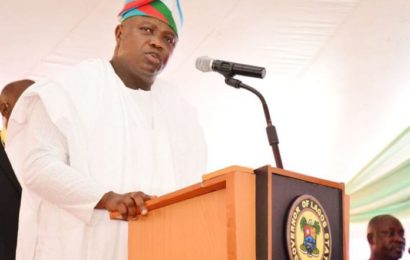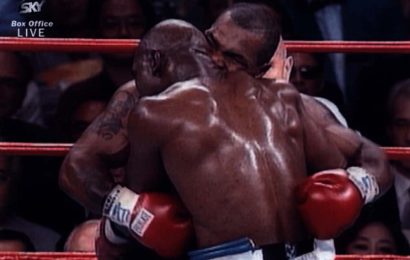Cry for Help. Sensitization. Donations. Condolence messages. The entire social media space has been awash with these forms of messages ever since news of the aflame Amazon Rainforest in Brazil got mainstream.
The root cause of the fires, which are affecting four Brazilian states and neighbouring countries, is yet to be identified but some critics put the blame squarely on the shoulders of President Jair Bolsonaro who has allegedly emboldened farmers with his stance on deforestation.
The President, in turn, heaped the blame on the environmental focused Non-governmental organisations (NGOs), who he claims have lost funding and are now bent on embarrassing his administration.
The Amazon Rainforest was surprisingly aflame for two whole weeks before gaining widespread prominence through social media platforms and the attention of renowned celebrities such as Cristiano Ronaldo, Leonardo Di Caprio, Madonna and Lil Nas X, who have donated millions of dollars to relief organisations in a bid to quench the flames and ameliorate the effect on affected communities.
Hastags such as #PrayForTheAmazonas, #ActForTheAmazon and #AmazonRainfores trended for days on both Instagram and Twitter thereby jolting the consciousness of the common man to the sad reality of earth’s biggest rainforest.
The conversations in the social media sphere culminated in world leaders at the G7 pledging a 20-million-dollar aid to Brazil, but the offer as we have come to know was swiftly turned down by President Bolsonaro for reasons beyond the scope of this conversation.
Regardless of the outcome of the G7 meeting pertaining to the rainforest, it is irrefutable that social media has empowered millions of people over the past few years. News stories are often gleaned daily by users through social media channels, Twitter especially, which makes it imperative for individuals and organisations to tap into the efficacy of the network.
Awareness, reputation management and talkability are just a few of the potentials of social media when used profoundly. We watched in March of this year how a young outspoken girl from Sapele, Delta State inadvertently turned herself into a sensation when she lamented the unfortunate circumstances that led to her being sent home for her parent’s inability to pay up her school fees. The viral video grabbed the attention of not only the Delta State Government that meted out strict punishment on the headmistress of the school but also some prominent Nigerians that made donations to not just the girl but to the person that filmed the video.
More importantly, the pervasive nature of social media necessitates deliberate usage by both businesses and individuals. Just as the place is replete with success stories so also does it embody damaging and dream-crushing stories. Human Resource Managers are increasingly gravitating towards assessing the social media pages of potential and current employees. The essence of the routine checks on them is to ensure that the values of the brand are exhibited within and outside the workplace.
As employees assume the new role of brand ambassador, it has become imperative for them to act accordingly on the “streets” of social media. A couple of years ago, I saw a post informing the public about a man who lost his job at a first-rate commercial bank for publishing an ‘I hate my job’ tweet. This act which might have been borne out of frustration and not necessarily for a deleterious reason ultimately cost the man his source of livelihood at the time, and the trend has not abated since.
Furthermore, in 2018, a young American lady announced her internship acceptance at the National Aeronautics and Space Administration (NASA) on Twitter using expletive language and was subsequently cautioned by another user to be mindful of her words. The lady then went on to reply the user with even more profanity, prompting him to identify as a member of the space council overseeing NASA. The conduct of the lady on Twitter led to NASA’s rescission of the internship offer. These examples reiterate the aptitude of social media to make or mar users.
In summary, social media is a vast world with innumerable potentials that only open up to those who position themselves for it. Young Nigerians today seem preoccupied with the need to gossip, excessively banter, defame and exchange frisky messages with one another rather than evaluate their purpose on social media and tailor content to achieve their goals. The interconnectivity social media affords users is unprecedented in the entire history of mankind and it will be self-damaging to not extract optimum value therein.
Popularly known as Slimfit, Wale has been able to leverage the power of social media to build relevance in the area of brand marketing and strategy. He is also the convener of Lagos Digital Summit. He is passionate about having relevant conversations around social issues and raising awareness for advocacy in the new media. At his free time, he enjoys cooking, and he tweets from @iSlimfit.








